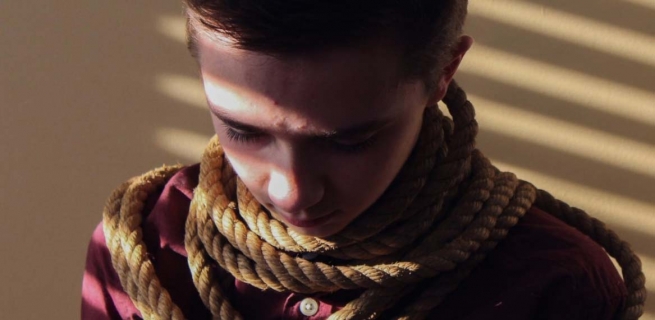To address the trafficking and enslavement of human beings, during 2018 Migrants & Refugees (M&R) Section of the Dicastery for Promoting Integral Human Development held two consultations with Church leaders, scholars and experienced practitioners and partner organizations working in the field. Participants exchanged experiences and viewpoints, addressing relevant aspects of the phenomenon. The Church’s full response was considered, in terms of strengths, weaknesses, pastoral and political opportunities as well as enhanced coordination worldwide.
This six-months process resulted in the present Pastoral Orientations on Human Trafficking, approved by the Holy Father and meant to orient the work of the M&R Section and its partners.
The Orientations are for use by Catholic dioceses, parishes and religious congregations, schools and universities, by Catholic and other organizations of civil society and by any groups willing to respond. Besides their implementation in local programs as well as collaboration at a distance, the Orientations also offer key points for homilies, education and media.
This 42 page document takes a wide-ranging look at the question of human trafficking, providing both a reading of the phenomenon, its causes and origins, seeking to offer an adequate understanding of its dynamics and developments in order to support the necessary struggle against human trafficking.
Human trafficking, a grave crime in itself, is accompanied by other atrocities and violations of human rights, such as slave labour, using child soldiers, sexual violence and exploitation, the commercialisation of human organs…
In coping with so many of these crimes, as also in the fight against and prevention of human trafficking, the Salesian Congregation and Salesian family are also very active, with various initiatives at various levels. Just to quote some examples, in the English-speaking West Africa Province (AFW) there is the “Girls Os+” program (where Os means “refuge” in Krio, the local language) run by “Don Bosco Fambul” in Freetown, Sierra Leone, for the recovery of girls who are victims of sexual exploitation; then there is the “Child Protection Centre” at Ashaiman, in Ghana, dedicated to minors whom police have rescued from slave trafficking.
Furthermore, The Salesian Mission Procure, “Missioni Don Bosco” in Turin, in collaboration with the Salesian NGO “Volontariato Internazionale per lo Sviluppo” (International Voluntariate for Development, or VIS), has been conducting its “Stop Human Trafficking” campaign since 2015 opposing trafficking and promoting development opportunities in Ghana, Senegal and Ethiopia.
Finally, Salesian reflection on the matter has also been carried out at the highest levels of political decision-makers thanks to VIS, who take part in the “EU Anti-trafficking Platform”; and at Don Bosco International (DBI), which is organising an event on this theme in collaboration with COMECE (Commission of the Episcopal Conferences of the European Union). The event will take place 19 February next at the European Parliament, and will involve Fr Jorge Crisafulli, SDB, the Director of Don Bosco Fambul, and a girls rescued from sexual exploitation.
Continuing in the spirit of “synodality” which has produced it, this document of “Pastoral Orientations on human trafficking” concludes with a request for comments and further contributions from all interested parties and individuals involved in reflection, and with a prayer that calls on the intercession of St Giuseppina Bakhita, the saintly patron of victims of human trafficking.


